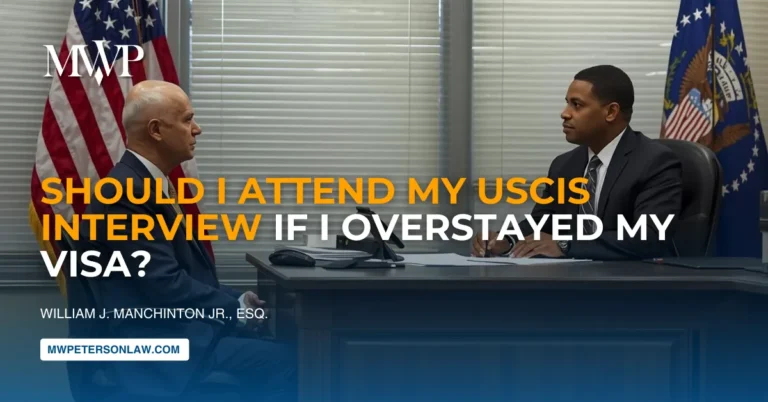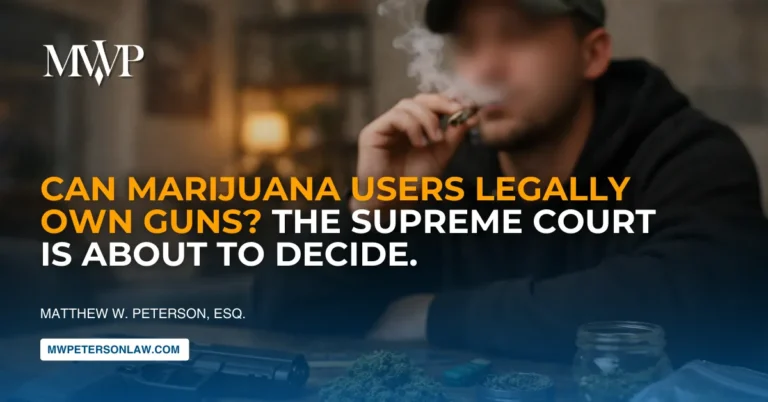When a violent crime in Massachusetts involves a gun—or when a person with qualifying prior convictions commits a firearms offense—state law can enhance the sentence. These firearm enhancements raise penalties beyond the “base” offense, often imposing mandatory minimum prison time and limiting probation or parole options. Below is a clear, practical overview you can use to understand what’s at stake and where a strong defense strategy matters most.
What are sentencing enhancements?
A sentencing enhancement is a rule that increases punishment when certain aggravating factors are present. In gun cases, enhancements commonly apply when:
- A firearm is possessed or used during the commission of a felony; or
- The defendant has qualifying prior convictions (e.g., certain violent or serious drug offenses) that trigger higher floors at sentencing for firearms crimes.
Enhancements don’t create a new crime—they raise the penalty attached to the underlying charge.
Core Massachusetts firearm enhancement frameworks
1) Armed Career Criminal enhancements (ACCA tiers)
If a defendant is convicted of certain firearms offenses and has qualifying prior convictions, Massachusetts law creates tiered enhancements:
- Level (a): 1 qualifying prior → 3–15 years state prison
- Level (b): 2 qualifying priors (from separate incidents) → 10–15 years
- Level (c): 3 qualifying priors (from separate incidents) → 15–20 years
Which tier applies turns on the number and nature of predicate convictions and whether they arose from separate incidents.
2) Firearm during the commission of a felony
Possessing a firearm, rifle, or shotgun while committing a felony can add an additional mandatory minimum term (commonly five years) on top of the sentence for the underlying felony. Larger-capacity semiautomatics, machine guns, and repeat offenses can trigger higher minimums.
3) Unlawful carrying and related firearm penalties
Massachusetts maintains strict penalties for unlicensed carrying and certain loaded-firearm situations. Many of these provisions carry mandatory minimums and are strictly enforced, especially where the facts suggest heightened risk to public safety.
Note: Massachusetts firearms law was recently updated to modernize definitions, procedures, and certain penalties. Always evaluate the current statutory text and case law when assessing exposure or defenses.
How enhancements work in practice
1. Charge and proof
The Commonwealth must prove the underlying gun offense (and, if applicable, that the firearm was possessed during a felony). For prior-based tiers, prosecutors must also prove qualifying predicate convictions.
2. Mandatory floors
Once an enhancement applies, the court generally must impose the statutory minimum; ordinary mitigation may not reduce the sentence below that floor.
3. No “double counting” without clear authority
As a rule of thumb, courts won’t pile multiple different enhancements on the same offense unless the Legislature explicitly says so.
Defense issues that move the needle
- Challenging the predicates
- Are the priors actually “qualifying”? Did they arise from separate incidents, or were they processed together? Are the records complete and reliable? Tight scrutiny of priors can collapse a higher tier into a lower one—or remove ACCA exposure entirely.
- Are the priors actually “qualifying”? Did they arise from separate incidents, or were they processed together? Are the records complete and reliable? Tight scrutiny of priors can collapse a higher tier into a lower one—or remove ACCA exposure entirely.
- Disputing possession or operability
- Was the item a “firearm” under Massachusetts definitions? Was it possessed by the defendant? Was it loaded or large-capacity, where that matters? Technical elements can be decisive.
- Was the item a “firearm” under Massachusetts definitions? Was it possessed by the defendant? Was it loaded or large-capacity, where that matters? Technical elements can be decisive.
- Felony-during-possession proof
- For the add-on tied to committing a felony while armed, prosecutors must link both the felony and contemporaneous firearm possession. Timelines, locations, and witness credibility matter.
- For the add-on tied to committing a felony while armed, prosecutors must link both the felony and contemporaneous firearm possession. Timelines, locations, and witness credibility matter.
- Recent statutory changes
- Reforms can alter definitions, procedures, and penalty schemes. Ensure you’re analyzing the post-reform framework before making strategy calls.
- Reforms can alter definitions, procedures, and penalty schemes. Ensure you’re analyzing the post-reform framework before making strategy calls.
- Avoiding enhancement “stacking”
- If the Commonwealth attempts to apply more than one enhancement to a single offense, the defense should examine whether the law actually allows it.
Practical consequences
- Years of mandatory time: Enhancements can convert a negotiable case into one with significant guaranteed incarceration.
- Constrained judicial discretion: Mandatory minimums limit a judge’s ability to tailor a sentence downward.
- Collateral fallout: Firearm-related convictions can affect employment, licensing, immigration status, and future rights.
Bottom line
Firearm enhancements can transform the stakes of a Massachusetts case—turning a manageable guideline range into years of mandatory prison time. The outcome often hinges on meticulous analysis of predicate convictions, precise statutory elements, and whether the Commonwealth can lawfully apply the enhancement it seeks.
If you’re facing a violent or firearms charge with possible enhancements, get experienced counsel involved immediately. Early motion practice, records review, and negotiation can make the difference between a harsh mandatory sentence and a far better resolution. The Law Office of Matthew W. Peterson provides strategic legal counsel. Call us today to set up a strategy session with us!
Frequently Asked Questions (FAQ)
Does having a gun during a felony automatically add prison time?
In many scenarios, yes. Possession of a firearm during the commission of a felony typically carries an additional mandatory minimum prison term on top of the sentence for the underlying offense.
How do prior convictions increase my exposure?
Certain violent or serious drug priors can place you into an ACCA tier—with mandatory minimum ranges from 3–15, 10–15, or 15–20 years, depending on the number of separate qualifying priors.
Can prosecutors stack multiple enhancements on one offense?
Generally, not unless a statute clearly authorizes it. One enhancement typically applies to a single offense.
Do enhancements remove eligibility for probation?
Mandatory minimums often restrict or eliminate probationary outcomes for the enhanced count. The specific statute controls.
What if my priors came from a single case?
Multiple convictions arising from the same prosecution may be treated differently than convictions from separate incidents. That difference can change your tier—or whether a tier applies at all.











